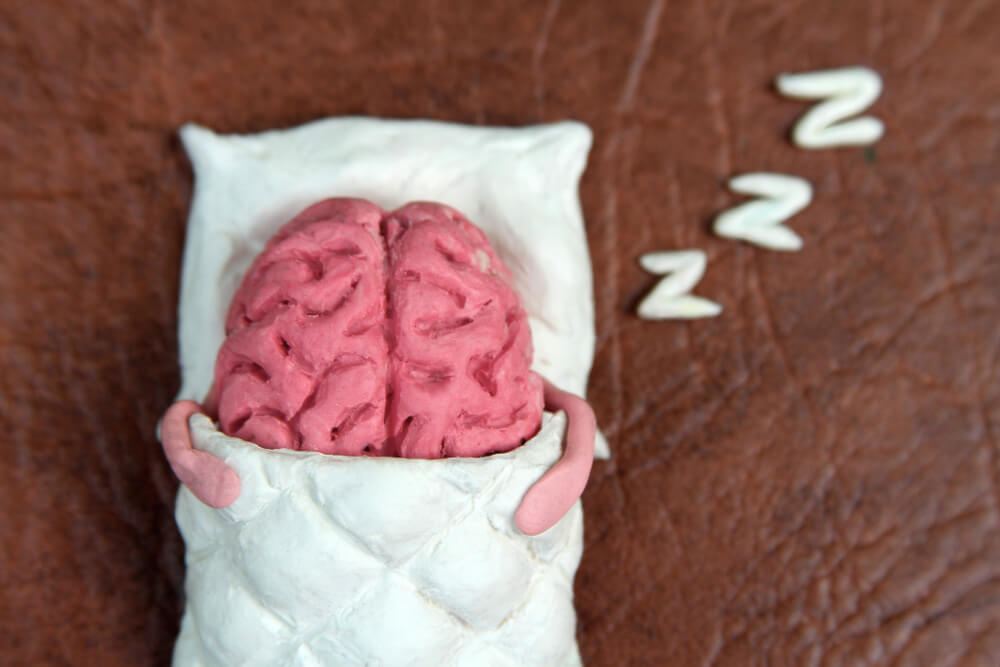Sleep is a process as fascinating as it is necessary for every human being, due to the lack of physiological and neuroanatomical information that we had a long time ago, this phenomenon has always been surrounded by mystery and speculation, however, today we have several researches that let us understand a little better how our brain works while we sleep.
The most striking element of sleep has always been its content: nightmares and dreams without apparent meaning that can allow us to continue all day trying to clarify its meaning, however, while we sleep, the brain performs many functions essential to our survival and well-being. -being.
- During the night break we go through several phases with different levels of brain activity: four dreams not remy and one last REM dream.
A full sleep cycle lasts about 100 minutes, and the first 60 or 70 minutes are used to go through the first four phases, so during a normal night’s rest we have between four and six full cycles.
Memory retention has been shown to be much better after a period of sleep than after a similar interval of rest, but remaining in a waking state.
The positive effect of sleep is mainly seen in declarative (event- and event-related) and procedural (associated with motor skills and abilities).
Even very short sleep periods, such as 6 minutes, have a positive influence on information retention; However, the longer the sleep duration, the more positive this effect is.
It’s also interesting to note that the time between learning and sleep is relevant, so if you want to consolidate some information, sleep will help you if you fall asleep after going through it.
While this is not the main function of sleep, it is true that it contributes to the conservation or restoration of energy lost during the day.
Especially in stages 3 and 4, we reduced our metabolic rate: there is a cooling of the body and a decrease in heart and respiratory rate, as well as oxygen consumption and muscle tone.
In addition, when daytime energy expenditure is high, sleep duration and light sleep increase.
Sleep is essential to combat daily tiredness and return the body to its original state.
It has been shown that increasing the amount of sleep following periods of stress would be used to compensate for the mental load of the brain. While physical fatigue is related to rest, mental fatigue needs to sleep, in particular.
Most of us have probably heard the phrase “I have to consult with my pillow. “This expression has a real basis: people who spend more time sleeping in the REM phase have been shown to find more creative solutions.
Sleep is linked to our creative and determined ability, in doing so our brain interprets information and combines ideas.
These strange dreams, in which it doesn’t seem to make sense, are the way your brain treats, interrogates and repeats different solutions and ways of dealing with real problems.
Therefore, it is essential to have a quality dream. Your body, but above all your mind, needs this period to recover, consolidate information and find new perspectives and solutions. Taking care of your dream is taking care of your brain.

